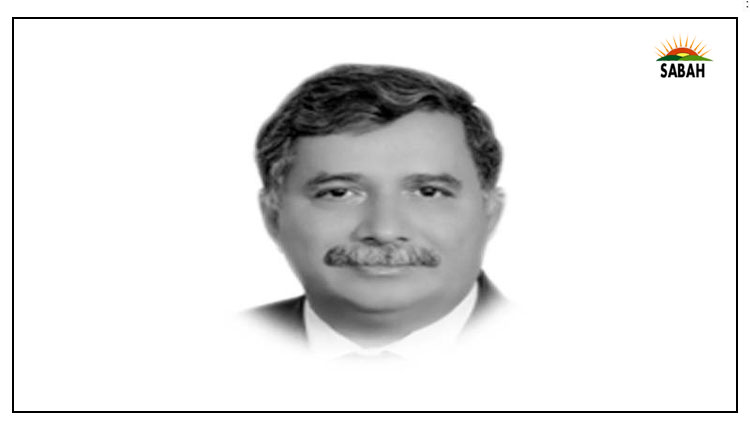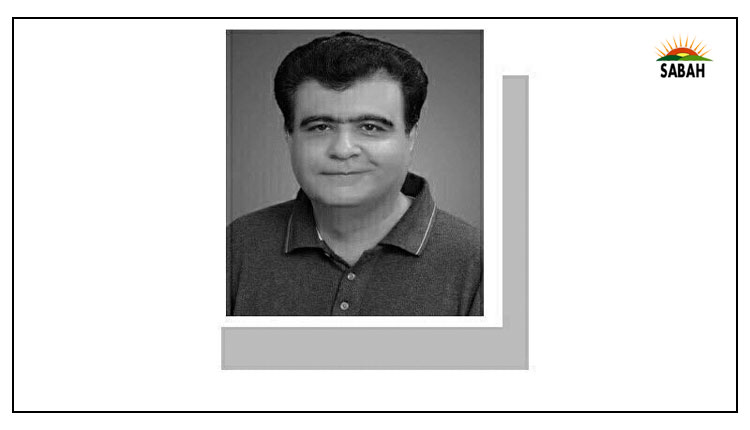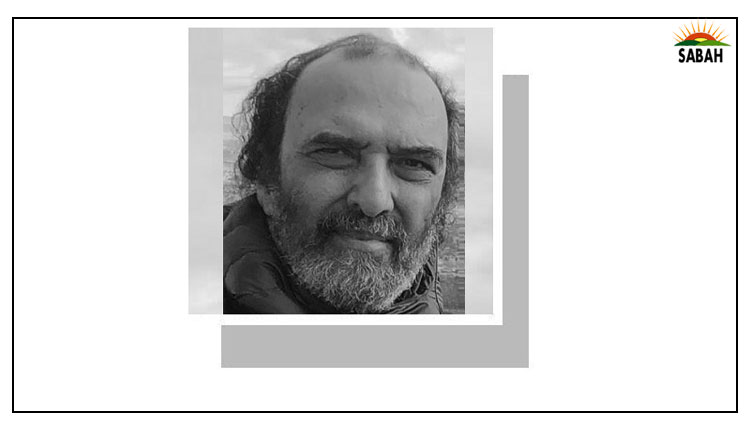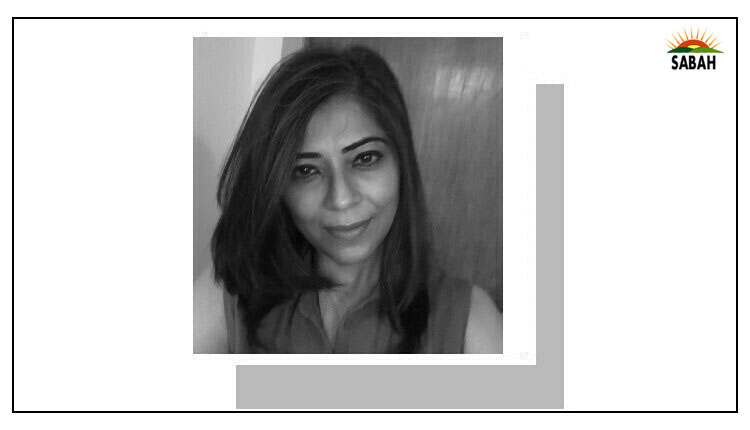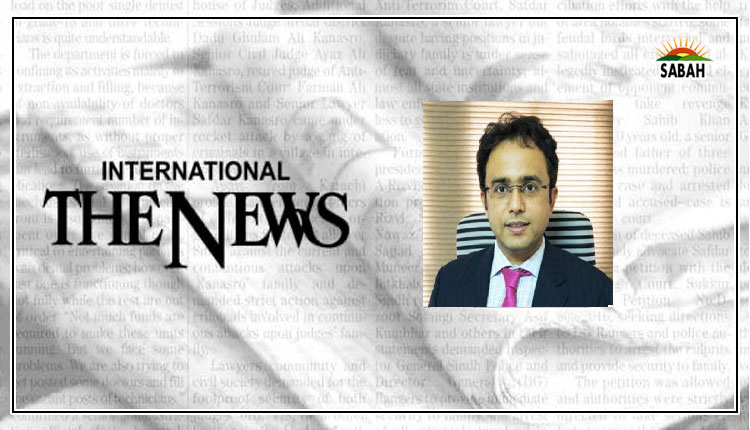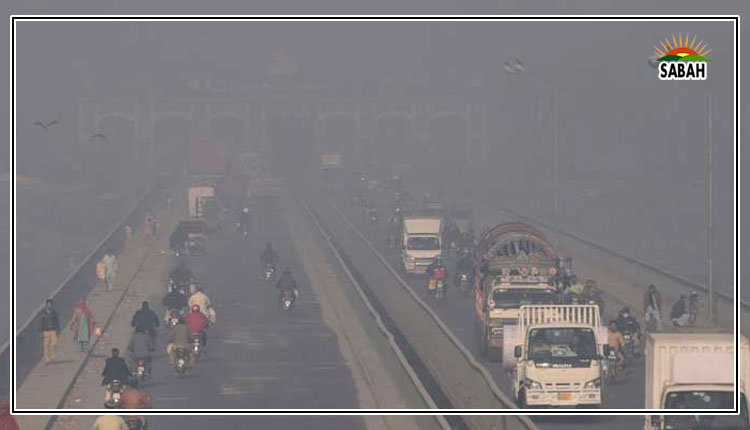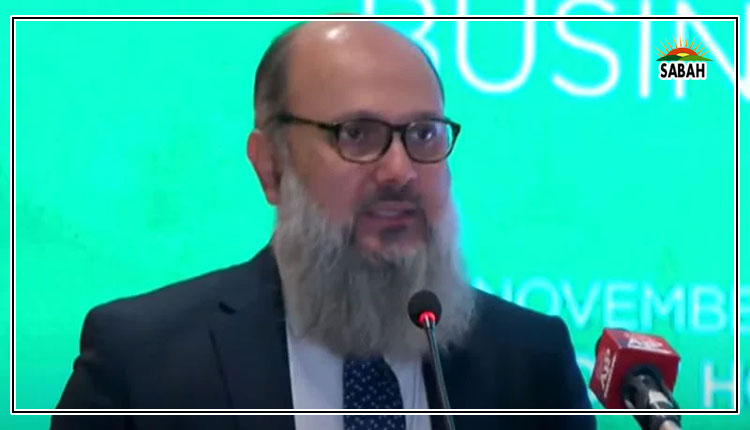Age of caretaking…Arifa Noor
THE parliament elected in 2018 has come to an end, but despite not lasting longer than its predecessors, it seemed to stretch on. The caretaker prime minister is in place, a dark horse for sure. A senator from the Balochistan Awami Party, he has announced stepping down from the party as well as the Upper House, a positive move indeed. His nomination has been widely welcomed. How much of this is due to Anwaar-ul-Haq Kakars affability and how much due to the current mood where few are willing to question the choice of those who matter is hard to tell.
But the reception aside, there are questions about the selection process. Politicians of the former government are whispering or saying out loud how they were kept in the dark about the dark horse on whom the spotlight was switched on last Saturday. First came the admission of Khursheed Shah, who told the media his party did not know about Kakar. And how he may not have been a good choice. However, his words were followed by a statement from Shazia Marri dispelling the impression of the PPP having any reservations. Since then, Akhtar Mengal has issued a strongly worded letter on the matter.
Be that as it may, the story of how Anwaar Kakar was shortlisted and then chosen is still to be told; but this is Pakistan and few of us can resist telling a good story. It is bound to come out sooner rather than later.
In the meantime, the rest of us will keep wondering about the details. After all, Raja Riaz was going to be the key man in making the decision, as many had been predicting, so did Shehbaz Sharif go rogue? Not rogue on those he is accused of being close to but his own family members? Or was it simply a matter of the family accepting the inevitable? As someone pointed out, once all the legislation was done, there was little leverage the PML-N enjoyed. In other words, even if Nawaz Sharif wanted Ishaq Dar as caretaker prime minister, there was little he could do to insist his choice be accepted. In case of a deadlock, the decision would have ended up with the ECP, and their wavelength is aligned with the stars that shine near the old airport of the twin cities.
There are some news stories about BAP which are intriguing to say the least.
But while we await the details, there are some news stories about BAP from recent days, which are intriguing to say the least. One was the random and rather short news story about Abdul Quddus Bizenjo having written a letter to Asif Ali Zardari, expressing his regret at having deciding against joining the PPP. This news came in the last week of July. No outlet provided details on what this meant for the other BAP politicians who had joined PPP earlier in the year.
Shortly after came the news of the Jam Kamal group in the BAP meeting the prime minister with a view to joining the PML-N. The delegation included the caretaker prime minister but again, the news disappeared as quickly as it appeared and there were few details on what the final decision was.
Without any information from any zarai, all one can assume is the efforts to push some in Balochistan to the PPP had become half-hearted if not been dropped altogether; and that some winds may also have begun to blow towards the PML-N.
If this had some bearing on the decision of the new caretaker prime minister, we may just find out soon enough. Once we do, well also find out why the PML-N is stoically quiet, while the PPP is not.
Mengals letter is perhaps not all that important in the context of the politics of allies. However, it does point to something more pervasive if we want to give it importance, ie, how this appointment will be viewed in the home province. The caretaker prime minister may not be in a position to assuage any of the discontent in Balochistan by his climb to the highest office (in theory) in the country.
But then, this is not a serious concern if elections are held in time. The caretaker prime minister is, after all, not there to hold state and society together. His or her job is to hold elections and go home. But in case he stays on la Punjab and KP, his personal reputation will come under strain. Whether that is a cost too heavy for the prime minister is hard to say; the past five years show no politician or party has found the price of power too high to pay. Will Kakar be the exception that proves the rule?
Moving beyond, it is worrying that everyone expects a delay in elections. No one thinks elections within three months are a possibility while some hope they will take place within six. A delay of more than six months is not in the realm of the impossible even though the variables are so many that few can be sure of this eventuality.
Herein lies the rub. If one of the reasons for the delay is the PTIs popularity, a second, more important one is of economic reform. If elections are delayed, some of the truly difficult decisions will have to be taken under the caretaker set-up. This may range from quick privatisation to raise some cash, as well as expanding the tax base and/or reducing subsidies or cutting expenses. Each one of these solutions will lead to social costs lobbies or sectors will be hurt and state-employed people will be let go. There will be a backlash, which will add to existing socioeconomic problems as well as the worsening security situation.
Can Kakar Sahib be the face of these decisions? Will his cabinet bear the burden? I am reminded of my early years in journalism when Pervez Musharraf came in promising change but backed down soon enough. But then he wanted legitimacy and popularity. Perhaps those are not needed nowadays in the difficult times we face.
Courtesy Dawn


